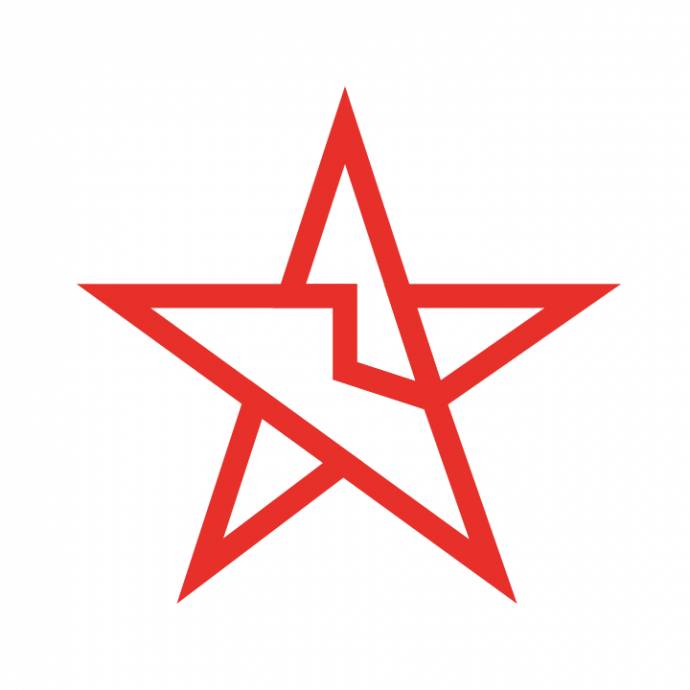The decision was made by the party's governing council late on Tuesday, after it weighed whether the party should join the coalition as a full-fledged member or not.
Only ten members of the council voted in favour, with 21 voting against and several abstaining.
Left leader Luka Mesec said the party nevertheless decided that the draft coalition agreement that had been the subject of negotiations for the past several days was a good enough basis to endorse Šarec as prime minister-designate.
That resolution was adopted with 21 votes in favour and ten against, but it will still be put to the party's rank-and-file in an internal referendum.
According to Mesec, the Left secured several important concessions, in particular regarding the protection of public healthcare, but the six parties failed to find common ground on major issues including privatisation of NLB bank, defence spending, foreign policy and the protection of human rights.
"We're satisfied with healthcare and pensions ... but on the whole we have reservations that the coalition agreement is not fiscally sound... The biggest problem for us is privatisation," Mesec said.
The decision creates a quagmire for Marjan Šarec, the runner-up in the 3 June general election, who has already failed to build a centre-right coalition with the New Slovenia (NSi).
The best he can hope for right now is to run a minority government with 43 MPs in the 90-member legislature, which would be a first for Slovenia; he has previously indicated his preferred option was a solid majority, not a minority government.
For the election winner, Janez Janša's Democrats (SDS), on the other hand, this is an opportunity to cobble together a coalition despite assertions by the majority of the parties that they will not join forces with him because of his radical policies, in particular on migrations.
Analysts see several parties currently linked with Šarec, in particular the Pensioners' Party (DeSUS) and the Alenka Bratušek Party (SAB), as open to switching allegiance given that their presidents have not been elected to parliament and that a snap election could be too dangerous for them.
The Left will formally inform Šarec of their decision on Wednesday morning, which Mesec said would open a new chapter of government-building. If the motion is endorsed by the party's members, Mesec said the Left was "absolutely willing to constructively work with a minority government" led by Šarec.
But since the internal referendum on whether to join a minority government lasts a full seven days according to the party's bylaws, the path forward will not be clear until 8 August even if Šarec accepts leading a minority government.
The current round of nominations for prime minister-designate expires on 10 August. A third round in which an ordinary majority suffices is possible, but if that is unsuccessful parliament will be dissolved and a snap election called.
Polls suggest the Left has little to lose either way: if a snap election is held, it is likely to be the only party aside from the SDS to make gains, if it remains in the opposition, it will be able to reinforce its leftist credentials without actually having to take the responsibility to govern.







